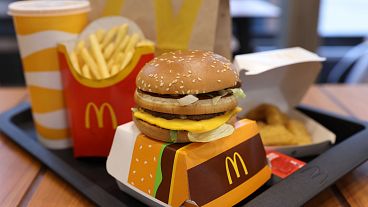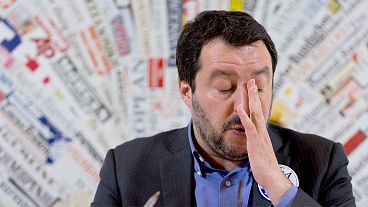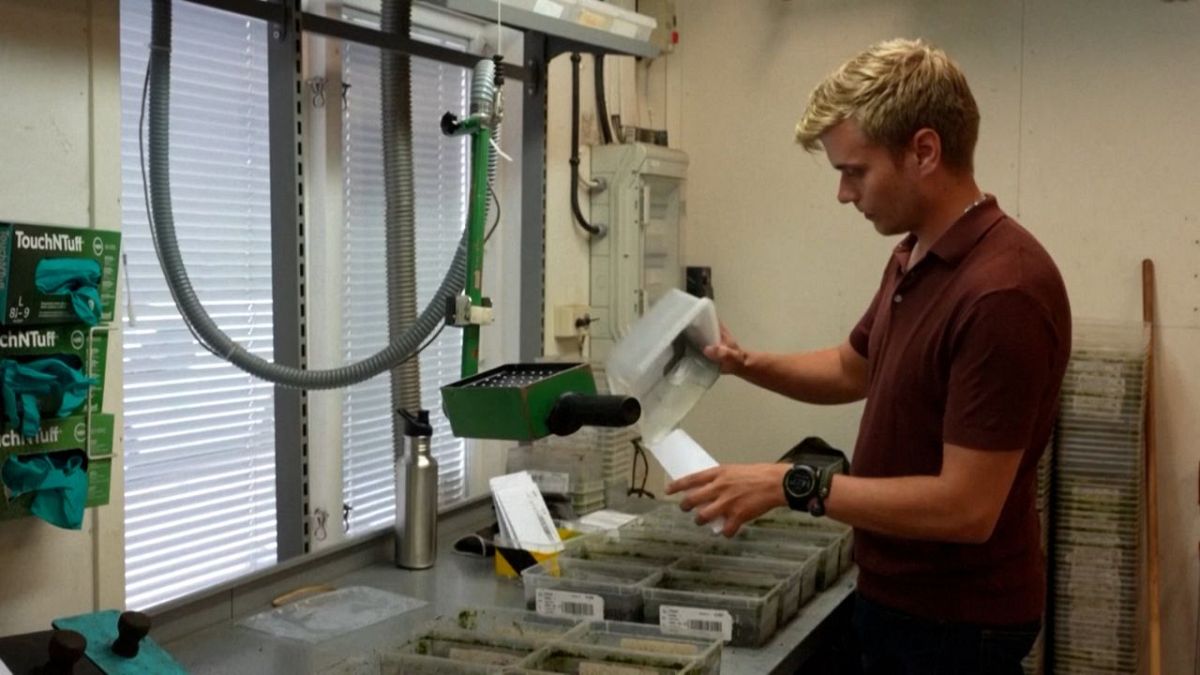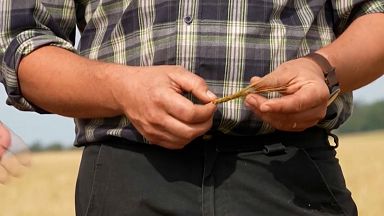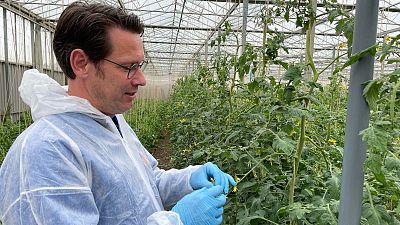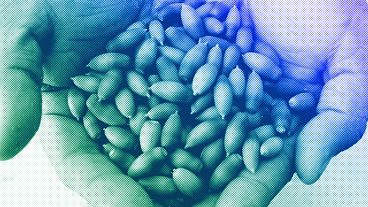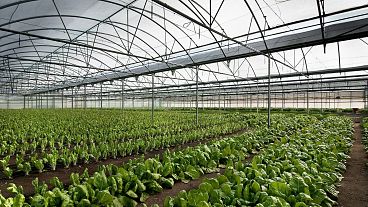Following success in Sweden and Norway, the creator of ThermoSeed now aims to take over Asia.
Heat-treated seeds could offer farmers a chemical-free solution for pest control.
Typically, seeds are treated with chemicals to keep them healthy and kill pests, but this does not align with organic farming principles.
'ThermoSeed', an invention by former researcher Kenneth Alness, offers a sustainable alternative. It uses sharp blasts of steam, which kill pests and preserve the seeds.
The innovation has already been a success in Alness's home country Sweden and neighbouring Norway.
Now, as he passes retirement age, the 67-year-old aims to take his mission global.
How do steam-treated seeds benefit the environment?
Farmers who have tried the seed-treating method have praised its benefits to the environment and working conditions.
Farmer Gustaf Silén notes the absence of dust, a common issue with chemically treated seeds that can be harmful when inhaled during sowing.
"The bags with the seed, when you open them, can be quite dusty and you get this all over you. That is not the case with ThermoSeed - it's much easier to handle," he says.
Silén also highlights that leftover steam-treated seeds can be used as cattle feed or resold, unlike chemically treated seeds, which must be disposed of at a cost.
ThermoSeed is the brainchild of Kenneth Alness who has devoted his life to developing a chemical-free method to keep seeds healthy.
Where did the idea for ThermoSeed come from?
The inspiration for ThermoSeed came from a 1950s farming book that Alness found in his father-in-law’s library. The book detailed how farmers used hot water to treat seeds before chemical treatments became common.
Although some organic farmers still use this method today, it is costly due to the expenses associated with drying the seeds, and yields are often lower than those treated with chemicals.
"I saw that it had potential and it should be good for nature, good for the climate," says Alness. "And I thought it was worth testing my wild ideas - that's where it started."
After years of testing, ThermoSeed was able to deliver yields comparable to chemically treated seeds but without the need for extensive drying.
"I think it took five, six, seven years before I realised its potential for conventional farming, not only organic,” says Alness. “I was really enthusiastic because if it's done for conventional [use], then we replace a lot of chemicals and we do a lot for nature and climate."
Unlike chemical treatments, steam requires a tailored approach for each seed type, followed by testing to ensure successful germination before full-scale treatment begins.
Swedish agricultural co-op Lantmännen, which manages around half of Sweden’s seeds, began using ThermoSeed technology in 2008. Since then, the co-op estimates that the method has prevented the use of approximately 3,000 cubic metres of chemicals.
Norwegian agriculture co-op Felleskjøpet, which handles more than 50 per cent of certified cereal seeds in the country, also introduced ThermoSeed in 2011, after six years of independent testing.
'Farmers are often sceptical of non-chemical solutions'
Alness's dedication to sustainable agriculture earned him a gold medal from the Royal Swedish Academy of Forestry and Agriculture last year.
But not all farmers are as concerned about the organic credentials of their seeds. Some are more focused on yield, so any non-chemical solution needs to be competitive on this front.
"Farmers in general are often sceptical of the non-chemical solutions," Bjørn Stabbetorp, CEO of the Agricultural Division of Felleskjøpet, explains. "Chemicals have been a very good and effective solution for a number of problems.
"Non-chemical solutions have to really prove that they are competitive before the farmers are convinced. We put a lot of effort into this when we were introducing the ThermoSeed. And it has really worked very well."
Alness has no plans to retire. Instead, he is focused on addressing the challenges that remain, such as the high cost of ThermoSeed equipment and the need for a scaled-down version of the machine to serve smaller markets, particularly in Asia.
Having sold the ThermoSeed license to Lantmännen BioAgri, Alness is now working on developing a more accessible, smaller version of the technology.

